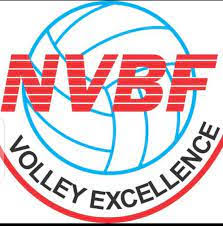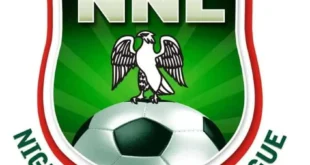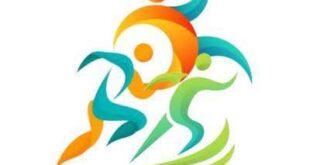Volleyball in Nigeria has been embroiled in a wave of controversy after a group of key stakeholders came together to call for the removal of Ngozi Amayo, the Secretary of the Nigeria Volleyball Federation (NVBF).
The demands have ignited a firestorm within the sports community, casting a shadow over her leadership at the helm of the federation.
The dispute, which began as a simmering concern, has recently boiled over as various stakeholders—comprising players, coaches, former athletes, and officials—voiced their dissatisfaction with Amayo’s conduct in her role.
The accusations against her are grave, with multiple allegations of extorting of players and coaches as well as high-handedness, actions that have allegedly harmed the development of volleyball in the country.
One of the central complaints from stakeholders has been the Secretary’s alleged authoritarian approach. She has been accused of making collecting unsanctioned funds from players and coaches decisions without consulting stakeholders, disregarding the collaborative nature of the federation’s operations. Reports suggest that her leadership style has created an atmosphere of tension where she talks rudely to members of the volleyball family.
These internal conflicts have disrupted the usual flow of decision-making, hampering the progress of the sport.
In addition to these internal issues, the stakeholders have raised concerns about Amayo’s role in the collecting funds from Nigerian volleyball players seeking opportunities abroad. There have been claims that she has diverted funds of players who ply their trades outside Nigeria and collect monthly returns from players outside the shores of the country.
The export of players has become a point of contention, as some argue that while international exposure can be beneficial, it should not come at the cost of extorting the young players.
In response to the growing chorus of discontent, the NVBF has remained silent for now, but the call for Amayo’s removal continues to gain traction. Prominent figures within Nigerian volleyball, including former players and coaches, have rallied behind the movement, calling for transparency and better leadership at the federation.
Many argue that the future of volleyball in Nigeria hinges on the willingness to address these concerns and take decisive action.
As the debate continues, one thing is clear: the stakeholders are united in their demand for a change in leadership, hoping that the National Sports Commission under the leadership of Mallam Shehu Dikko will remove Amayo.
For now, the sport waits in anticipation to see how the Federation will respond to these mounting calls for reform, and whether the future of volleyball in Nigeria will be shaped by new leadership or continue under the existing management.
 GongNews … truth in defense of a just society
GongNews … truth in defense of a just society




